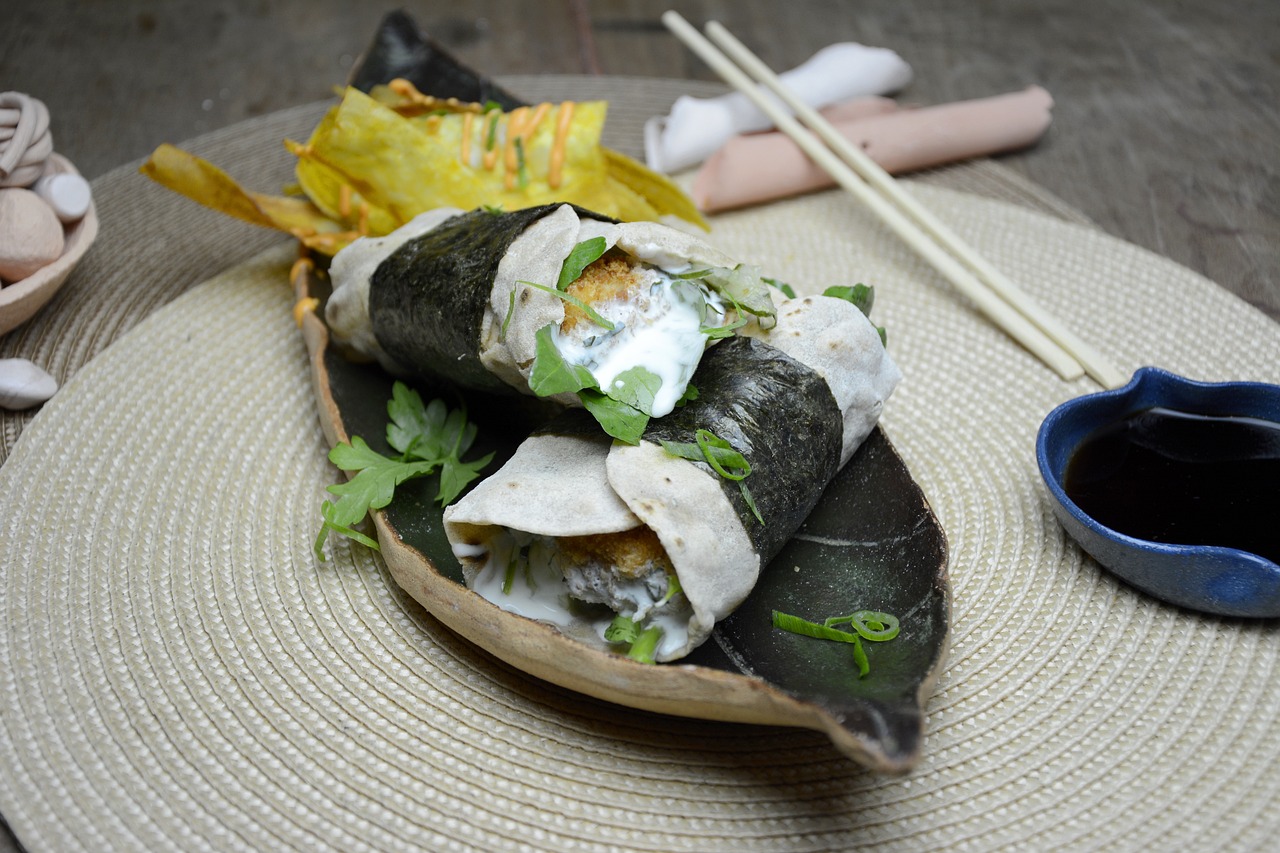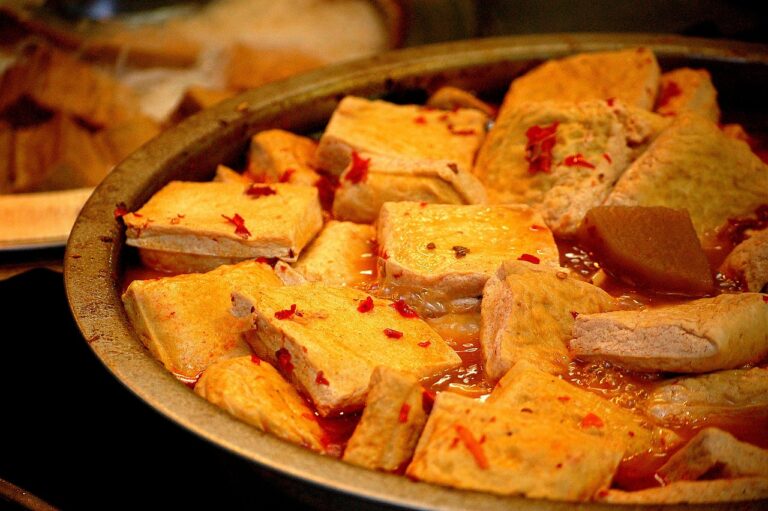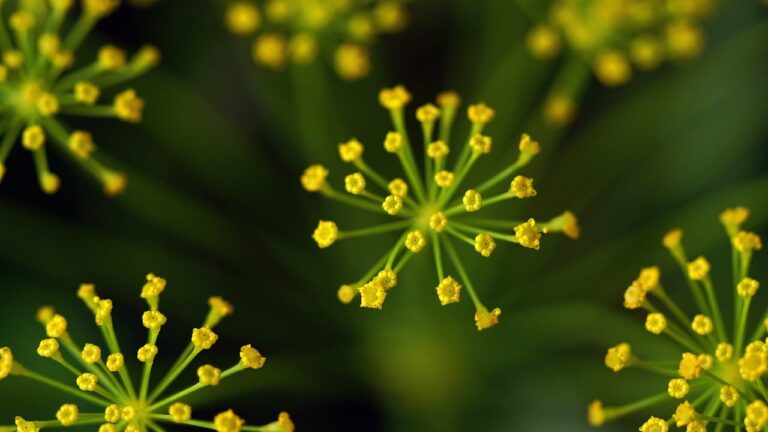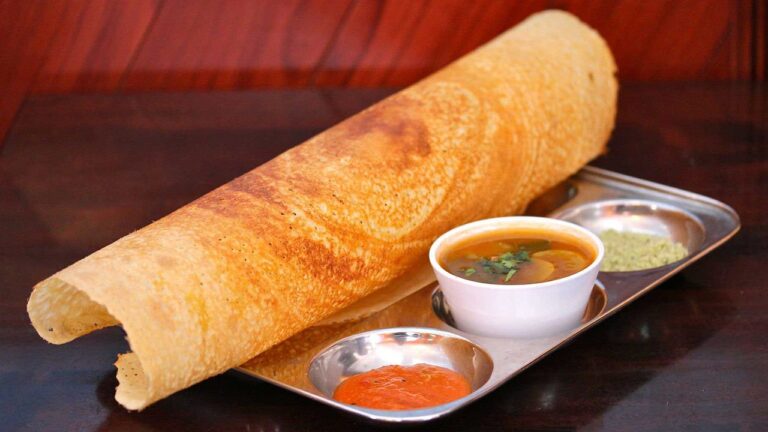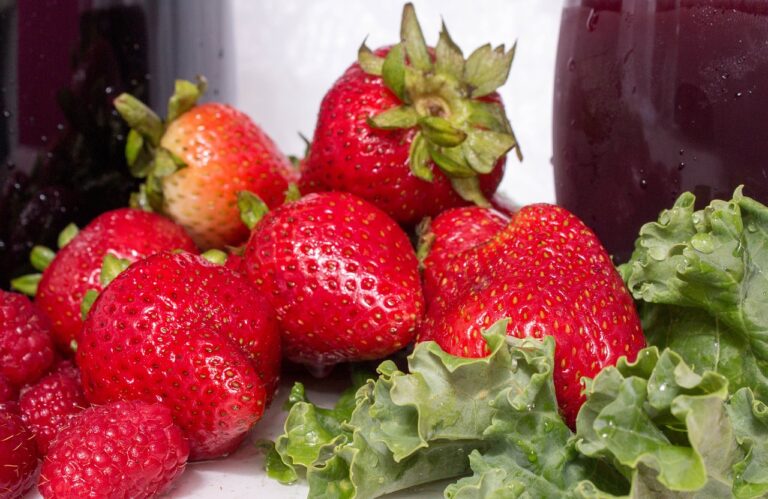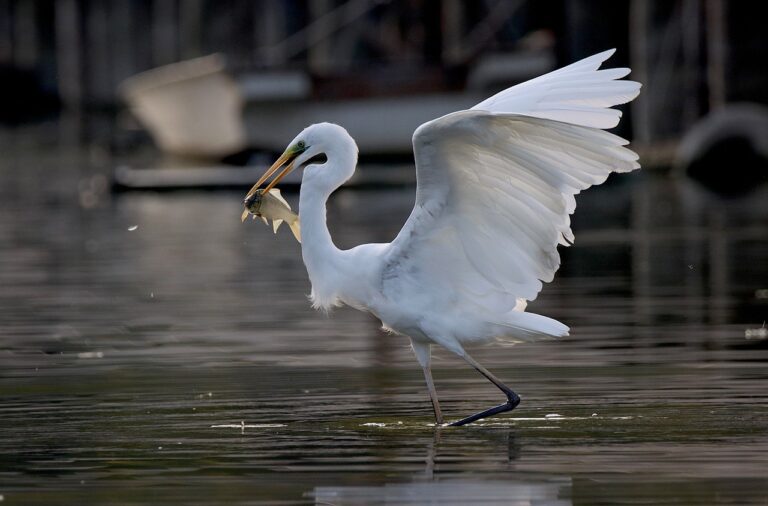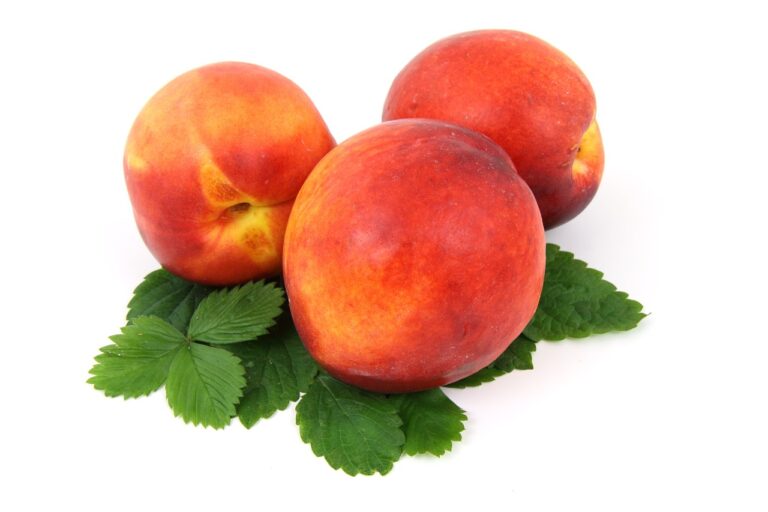The Role of Bees in Sustainable Agriculture: 11xplay .com, Diamondexch999 sign up, Skyexchange
11xplay .com, diamondexch999 sign up, skyexchange: Bees play a crucial role in sustainable agriculture by acting as pollinators for many crops. Their importance cannot be understated, as they help to ensure the continued growth and production of a wide variety of fruits, vegetables, and nuts. In this article, we will explore the critical role that bees play in sustainable agriculture and why their conservation is essential for the future of our food supply.
The Role of Bees in Sustainable Agriculture:
Pollination:
One of the primary roles of bees in sustainable agriculture is pollination. Bees are responsible for pollinating many crops, including almonds, apples, blueberries, and cucumbers. When bees visit flowers to collect nectar and pollen, they transfer pollen from one flower to another, allowing the plants to produce fruits and seeds. This process is essential for crop production and ensures that we have a bountiful harvest each year.
Biodiversity:
Bees also play a crucial role in promoting biodiversity in agricultural landscapes. By visiting a variety of plants to collect nectar and pollen, bees help to maintain healthy ecosystems and support a wide range of plant species. This diversity is essential for the overall health of our environment and helps to ensure that we have a resilient food system that can withstand environmental challenges.
Crop Yield:
The presence of bees in agricultural fields has been shown to increase crop yields significantly. Studies have found that crops such as sunflowers, pumpkins, and melons produce higher yields when bees are present for pollination. This increased yield not only benefits farmers but also ensures a stable food supply for consumers.
Pest Control:
In addition to their role as pollinators, bees also help to control pests in agricultural fields. Some bee species, such as the mason bee, are natural predators of certain crop pests, including aphids and caterpillars. By encouraging healthy bee populations on farms, farmers can reduce the need for chemical pesticides and promote a more sustainable approach to pest management.
Honey Production:
While the primary focus of bees in sustainable agriculture is pollination, honey production is another significant benefit of beekeeping. Honey is a valuable commodity with many health benefits, and beekeepers play a vital role in ensuring the continued health and well-being of bee populations. By supporting local beekeepers and purchasing their honey, consumers can help to promote sustainable agriculture and bee conservation.
Conservation Efforts:
Unfortunately, bee populations worldwide are facing numerous threats, including habitat loss, pesticide use, and climate change. To ensure the continued health of bee populations and their vital role in sustainable agriculture, conservation efforts are crucial. Planting bee-friendly flowers, reducing pesticide use, and supporting local beekeepers are just a few ways that individuals can help to protect bees and promote sustainable agriculture.
In conclusion, bees play a vital role in sustainable agriculture by acting as pollinators, promoting biodiversity, increasing crop yields, controlling pests, and producing honey. Their conservation is essential for the future of our food supply and the health of our environment. By supporting bee populations and implementing bee-friendly practices, we can ensure a sustainable and resilient agricultural system for generations to come.
FAQs:
Q: How can I attract bees to my garden?
A: Planting a variety of bee-friendly flowers, avoiding pesticides, and providing nesting sites for bees can help attract them to your garden.
Q: Are all bees good for pollination?
A: While honeybees are the most well-known pollinators, other bee species, such as bumblebees and mason bees, also play crucial roles in pollination.
Q: What can I do to help conserve bee populations?
A: Supporting local beekeepers, planting bee-friendly flowers, and reducing pesticide use are all ways to help conserve bee populations and promote sustainable agriculture.

